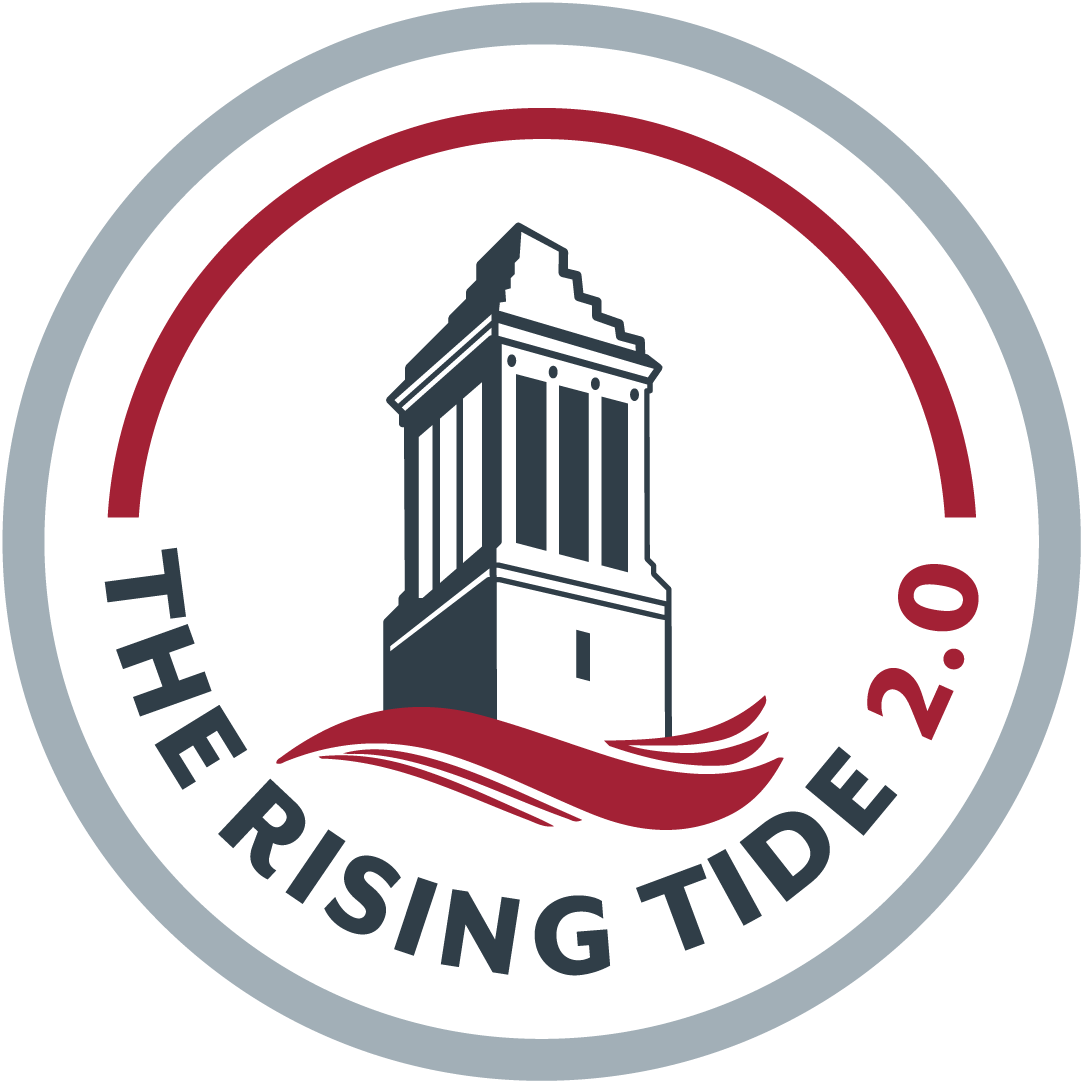Several years ago, the Culverhouse College of Business asserted itself in the field of data science and business analytics. And for good reason: fundamental to nearly all modern business problems, research and obtaining effective insights, is good old-fashioned number crunching.
The college is already well-positioned in this area. Pedigreed technical academic programs in statistics, operations management and information systems, combined with other traditional business programs with analytic concentrations has led to what is now a robust curriculum in analytics. The college’s Institute of Data and Analytics (IDA) represents a large part of that charge. The IDA is a technical powerhouse that brings together experts to work on data-oriented projects, including on-campus collaborations and externally-funded partnerships.
The IDA is now one of The University of Alabama’s most successful research organizations with regards to sponsored research and scientific publication. It has established a reputation for collaboration by building working relationships with UA’s institutes for transportation, life research, water and cyber research. Partnerships also come through the formation of grant proposals and research projects with other UA colleges and units, including the University’s School of Social Work, Psychology Department and College of Engineering.
A critical element of success for the IDA is student involvement. The Institute’s Director, Dr. Jason Parton, said, “I want to emphasize that our work at the IDA heavily involves students, both at the graduate and undergraduate levels from nearly all programs in Culverhouse and some from across campus. I strongly believe that the experiences these students gain from working with the IDA greatly enhances their ability as problem solvers and better prepares them for the next phase of their career.”
Frank Phillips, a 2019 graduate of Culverhouse and one of the students who worked with Dr. Parton said, “I gained invaluable work experience through the opportunities I was awarded at the IDA. The Institute has a unique cultural mix of academia and industry, which was the ideal environment in which to grow as a student looking to develop industry skills.”
Moreover, Steven Samsel, a 2020 grad of Culverhouse’s applied statistics graduate program who worked at the IDA as a research analyst, described the hands-on experience he earned at the Institute. “Recently, I took the lead on a project in which we utilized economic data to try to model Medicaid enrollment. I had never had a project like this where I was truly responsible for most of the work and direction” Steven said. “If someone had showed me what I just wrote a year ago I would not have had a clue how it could be done.”
An investment in Culverhouse’s data analytics and cybersecurity program means that students will become skilled practitioners in these areas and the IDA will have the means to expand its scope. Part of this work will include adding courses and programs in data analytics and cybersecurity to the curriculum, hiring additional faculty and making more resources available.
Culverhouse Dean Kay M. Palan outlined the importance of this emerging field to the business landscape and the college stating, “All businesses need expert practitioners in the use of data to make decisions and to manage cybersecurity risks. Improving how we prepare our students in these areas would be a game changer for the college.”
Even more of a game changer would be how a comprehensive data science program would cement Culverhouse’s reputation in the field and attract talented future students. Dean Palan explained, “On our agenda is to develop an outreach program oriented toward data-driven high school students.”
“When we talk to prospective students about what our team is working on, you can tell that they’re excited about the possibility of doing the same work themselves. Finding ways to further articulate that story will have benefits across the board.”


